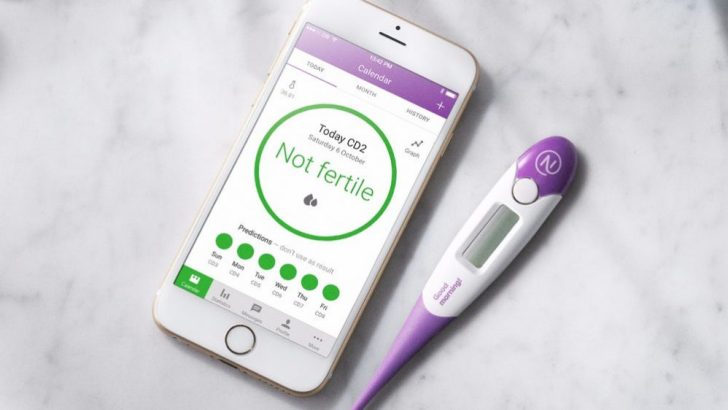Kilkenny church is a major attraction
Would-be historians in the family aren’t the only ones likely to be thrilled by a visit to the former St Mary’s Church in Kilkenny.
Now the ultra-modern Medieval Mile Museum, the 13th-Century former church is Kilkenney’s newest visitor attraction, packed with medieval artefacts and treasures, and the starting point of the ‘Medieval Mile’ trail, bringing to life Kilkenny’s history as Ireland’s premier medieval city.
The museum allows visitors to explore the city’s origins from before the medieval landmarks that are so prominent today, going back to when St Canice founded a monastic settlement in the 6th Century, as well as learning how Strongbow built a fort where Kilkenny Castle stands today and his son-in-law fortified the city, or how Ireland’s only known witch trials took place in Kilkenny in 1324.
Guided tours cost €25 for the whole family, or €12 for adults and €5 for children.
A ‘natural’ app
More than 6,000 women in Ireland and over 125,000 in Britain have started using a new smartphone app that helps couple use ‘natural methods’ to plan attempts to have children.
‘Natural Cycles’ claims that 7% of women using the app will get pregnant when trying not to; in comparison, the contraceptive pill has a rate of 8% and over a typical year of condom use between 10 and 15% of sexually active women will become pregnant.
Designed by husband-and-wife team Dr Raoul Scherwitzl and Dr Elina Berglund, the Natural Cycles app, which was approved by the EU last February, estimates hormone levels based on variations in body temperature, rating fertile days as ‘red’ and non-fertile ones as ‘green’.
‘Dry’ January is worth considering
With the excesses of Christmas now solidly behind us, January is a good time to check – and maybe cut back on! – the amount of alcohol we drink, especially following a new study from UCC and HSE South that has suggested that heavily overweight men who drink heavily have the highest liver damage risks.
The study of 2,047 adults aged between 50 and 69 found that as alcohol consumption increased women were almost twice as likely as men to have raised levels of GGT, an enzyme mostly produced by the liver and correlating with liver disease, whereas men were 1.5 times more likely to have elevated GGT levels as their body mass index increased.
This rose to 2.3 times among men with high levels of alcohol consumption, with the link between GGT, body mass and alcohol being highest among those consuming more than 14 units of alcohol per week.



